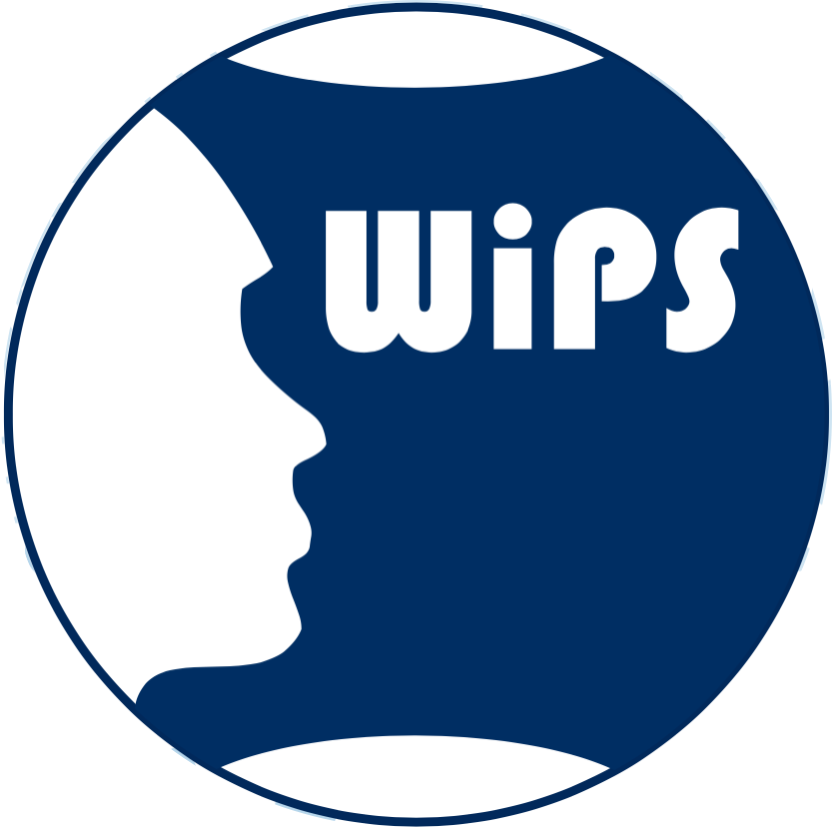Kate Stafford, PhD
Marine Mammal Institute, Oregon State University (USA)

Kate, in beige parka and ski goggles, standing at the edge of the ocean, listening to bowhead whales on the sea ice off Utqiagvik, Alaska .
What’s the work that you do?
I use underwater sound to study the presence, migratory behavior and oceanographic drivers of marine mammals in both the Arctic and the Antarctic. I deploy hydrophones (underwater microphones) to eavesdrop on the lives of animals and understand the human impacts of noise on them.
What keeps you going?
I know how lucky I am to experience the most remote, cold, beautiful places on our planet. My happy place it out on the sea ice in the Arctic in spring with my hydrophone, watching and listening to the spring migration of bowhead and beluga whales and eiders, and watching the ice constantly change. There is nowhere on the planet I would rather be. My research lets me share these experiences with the world through sounds and images in the hopes that people who might never get to travel there can appreciate the polar environments and the animals that live there. And in valuing remote ecosystems, maybe they can help protect them, too.
What’s your message to the world?
It’s a bit of cliché, but my message is to think globally and act and VOTE locally. Climate change is threatening our entire globe, and nowhere is warming as fast as the Arctic. We need global collaboration, cooperation, and problem solving on intergovernmental levels. But to make this happen we have to start from the ground up – local elections, legislation and actions to reduce greenhouse gas emissions, then regional representation, on up to national and global prioritization of the health of the planet. We need new voices and new faces and new ideas to tackle this challenge. Each step matters because we humans are the only ones who can change the trajectory we are on – it starts with each of us appreciating our small corners of the world and the life we are surrounded with, from plants and insects and animals, and then remembering that everything is connected, even all the way up to the poles.
Organisation: Marine Mammal Institute, Oregon State University (USA)
Nationality:
United States of America
Disciplines:
